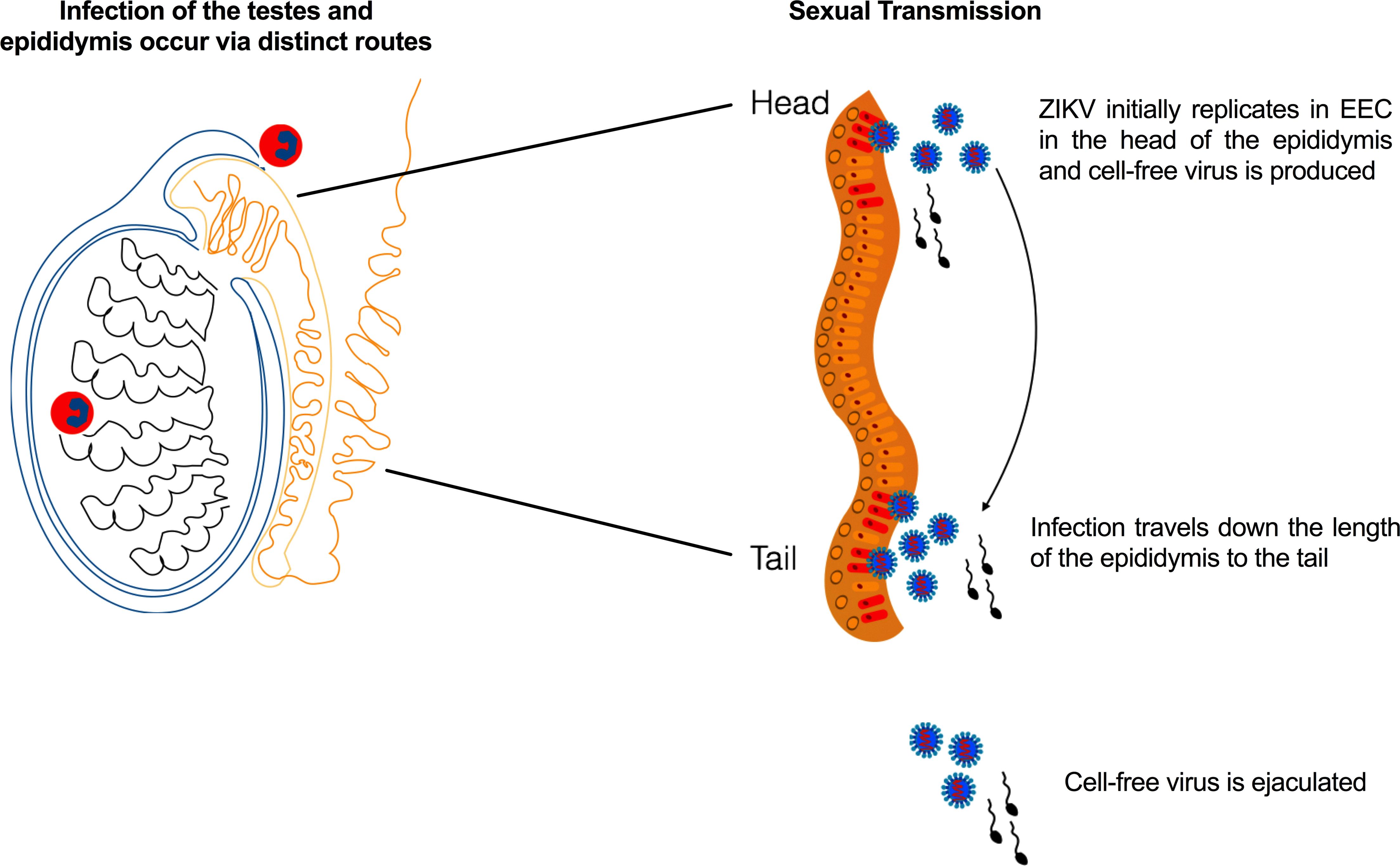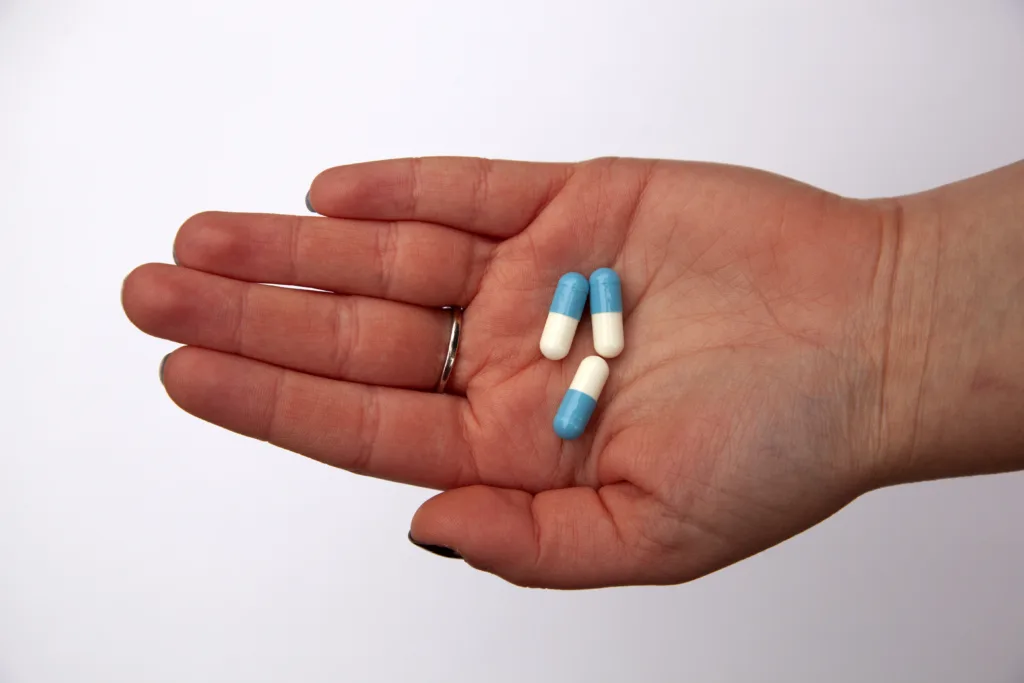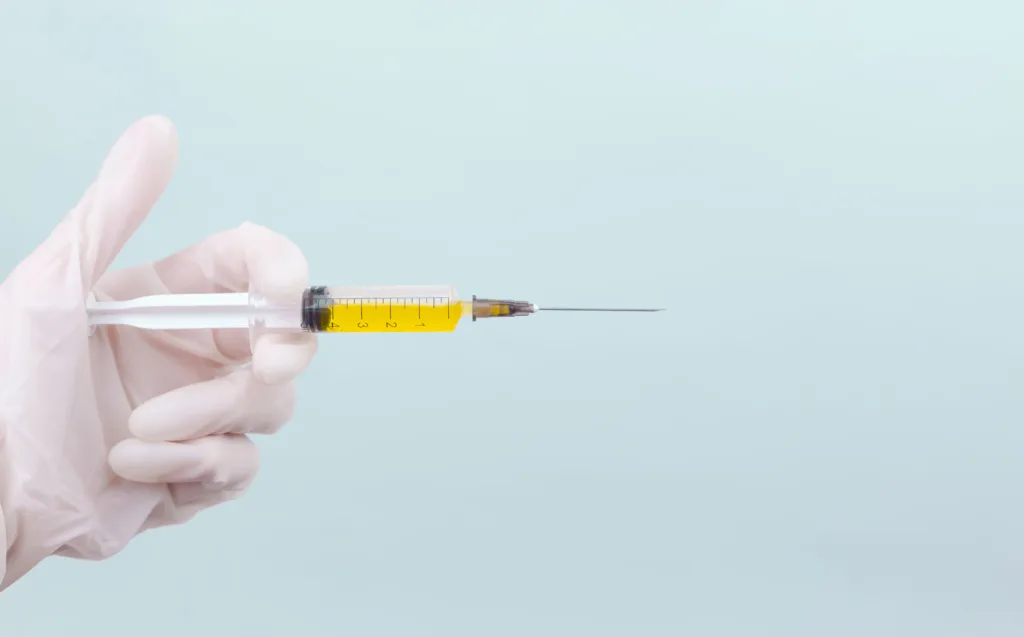Epididymitis is a condition in which the epididymis, a small tube-like structure located behind the testicles, becomes inflamed. This inflammation can cause pain, swelling, and discomfort in the scrotum. Men with epididymitis may also experience pain or discomfort during ejaculation, which may lead to the question: Does ejaculating hurt epididymitis?
The answer to this question depends on several factors, including the underlying cause of epididymitis, the severity of the inflammation, and the individual’s pain tolerance. In general, men with acute epididymitis may experience pain or discomfort during ejaculation, as well as during other activities that put pressure on the scrotum, such as walking, sitting, or standing for prolonged periods.
Chronic epididymitis, which is characterized by persistent inflammation and discomfort in the scrotum, may also cause pain or discomfort during ejaculation. This is because the inflammation can disrupt the normal function of the epididymis, which plays a crucial role in the production and storage of sperm.
It is important to note that not all men with epididymitis will experience pain or discomfort during ejaculation. Some men may only experience mild or intermittent symptoms, while others may have more severe or persistent symptoms.
Treatment for epididymitis typically involves antibiotics to clear the underlying infection, as well as pain relievers and anti-inflammatory medications to manage symptoms. Men with severe or chronic epididymitis may also require surgery to remove the affected tissue.
If you are experiencing pain or discomfort during ejaculation or other activities, it is important to speak with your healthcare provider. They can perform a physical exam and run diagnostic tests to determine the underlying cause of your symptoms and develop an apropriate treatment plan.
Ejaculating may hurt epididymitis in some men, particularly those with acute or chronic inflammation. However, the severity and duration of symptoms can vary widely, and treatment is available to help manage pain and discomfort. If you are experiencing symptoms of epididymitis, it is important to seek medical attention to ensure proper diagnosis and treatment.
Effects of Untreated Epididymitis
Several factors can worsen epididymitis, including:
1. Delayed or inadequate treatment: If left untreated or not treated properly, epididymitis can worsen and lead to complications.
2. Sexual activity: Continued sexual activity during the acute phase of epididymitis can exacerbate symptoms and delay healing.
3. Physical activity: Strenuous physical activity can cuse increased pain and discomfort in the affected area.
4. Alcohol and tobacco use: These substances can weaken the immune system and slow down the healing process.
5. Ignoring symptoms: Ignoring symptoms or delaying medical attention can lead to the spread of the infection to other parts of the body, causing further complications.
6. Underlying health conditions: If you have an underlying health condition such as diabetes or HIV, epididymitis can worsen and lead to complications. It is important to manage any underlying health conditions to prevent complications.
Seeking prompt medical attention and following the recommended treatment plan is crucial for managing and preventing the worsening of epididymitis.

Source: journals.plos.org
Factors Contributing to Epididymitis Flare-Ups
Epididymitis can be caused by several factors, and its flare-up can be triggered by varous reasons. The most common causes of epididymitis include urinary tract infections, sexually transmitted infections (STIs) such as chlamydia or gonorrhea, recent genito-urinary surgery, and the use of a urinary catheter. In some cases, epididymitis can also be caused by non-infectious factors such as trauma, chemical irritation, or autoimmune diseases. When it comes to the flare-up of epididymitis, it can be triggered by various factors such as stress, unhealthy lifestyle habits, inadequate treatment, and failure to complete the full course of antibiotics. Additionally, untreated or recurrent infections can lead to chronic epididymitis, which can cause persistent discomfort and pain. Hence, it is important to identify the underlying cause of epididymitis and follow the recommended treatment plan to prevent its flare-up and complications.
The Fastest Way to Cure Epididymitis
The fastest way to cure epididymitis depends on the caue of the infection. If the cause is bacterial, antibiotics are typically the fastest and most effective treatment option. It is important to complete the full course of antibiotics as prescribed by a healthcare provider, even if symptoms improve before the medication is finished. Rest, pain relievers, and applying ice to the affected area may also help relieve symptoms. If the cause is a sexually transmitted infection, it is important to inform sexual partners and ensure they are also treated to prevent the infection from spreading or recurring. In some cases, surgery may be necessary if an abscess has formed or if the epididymis has become damaged. It is important to consult a healthcare provider for proper diagnosis and treatment of epididymitis.
The Effects of Epididymitis on Sperm
Epididymitis, which is the inflammation of the epididymis, can have a significant impact on sperm. Chronic epididymitis may cause a decrease in sperm count and motility, leading to infertility. The epididymis plays a crucial role in the maturation and storage of sperm, and inflammation in this area can interfere with these processes. Impaired sperm motility due to epididymal dysfunction is often associated with an abnormal staining behavior of sperm tails. This staining pattern is knon as the “starry sky” pattern and is caused by the accumulation of cytoplasmic droplets on the tails of sperm. In addition, epididymitis can also lead to the production of reactive oxygen species, which can damage sperm DNA and further reduce fertility. Therefore, it is important to seek medical attention if you experience symptoms of epididymitis to prevent potential long-term effects on sperm health.
Healing Time for Epididymitis
Epididymitis is an inflammation or infection of the epididymis, which is a coiled tube behind the testicles that stores and transports sperm. The time it takes to heal from epididymitis varies depending on the severity of the condition, the cause, and the treatment used.
If epididymitis is caused by a bacterial infection, treatment usually involves antibiotics, which can take up to 2 weeks to fully cure the infection. However, you should start to feel better within a few days of starting the antibiotics.
In addition to antibiotics, doctors may recommend pain relievers, scrotal support, and warm baths to ease pain and swelling. It’s important to follow your doctor’s instructions to prevent any frther complications.
If epididymitis is caused by a non-infectious condition, such as trauma, it may take a shorter time to heal, usually within a few days to a week.
It’s essential to avoid any activities that may aggravate the condition, such as heavy lifting or strenuous exercise, until you have fully recovered. It’s also crucial to practice good hygiene, including washing your hands regularly and avoiding sexual activity until the infection has cleared up.
The time it takes to heal from epididymitis varies depending on the cause, severity of the condition, and treatment used. Antibiotics can take up to two weeks to cure a bacterial infection, while non-infectious cases may heal within a few days to a week. Following your doctor’s instructions and practicing good hygiene can help speed up the healing process and prevent any further complications.

Speeding Up Epididymitis Recovery
If you want to speed up your epididymitis recovery, there are several things you can do. First and foremost, it is important to take any prescribed antibiotics exactly as directed by your healthcare provider. This will help eliminate any bacterial infection causing the epididymitis. You can also take over-the-counter anti-inflammatory medications, such as ibuprofen, to help reduce swelling and pain. Resting and avoiding strenuous activity is also important, as this will alow your body to focus on healing.
Wearing a scrotal support can also help relieve discomfort and improve blood flow to the affected area. Applying ice packs to the scrotum for 20 minutes at a time, several times a day, can help reduce swelling and inflammation. After a few days, you can switch to using heat therapy, such as a warm compress or a warm bath, to help promote healing and relaxation.
It is also important to drink plenty of water and fluids to stay hydrated and help flush out any toxins from your body. Avoiding alcohol and caffeine may also be helpful, as these can irritate the bladder and exacerbate symptoms.
The key to speeding up your epididymitis recovery is to follow your healthcare provider’s instructions, rest, and take care of your body by staying hydrated and using supportive measures to relieve discomfort.
The Risk of Losing a Testicle Due to Epididymitis
Epididymitis is a condition in which the epididymis, a tube located at the back of the testicles that stores and transports sperm, becoes inflamed. This inflammation can cause pain, swelling, and tenderness in the scrotum. While epididymitis itself is not likely to cause you to lose a testicle, if left untreated, it can lead to complications that may result in testicular damage or loss. If the infection spreads from the epididymis to the testicle, a condition known as epididymo-orchitis, the testicle can become swollen, tender, and may even begin to die. In some cases, surgery may be necessary to remove the affected testicle. Therefore, it is important to seek medical attention promptly if you experience any symptoms of epididymitis to prevent complications and potential loss of testicular function.
Risk Factors for Epididymitis
Epididymitis is a condition that primarily affects young men between the ages of 19 and 35. This group is at the highest risk of developing epididymitis due to their active sexual life and exposure to sexually transmitted infections (STIs). The condition is most often caused by the spread of a bacterial infection that starts in the urethra, prostate, or bladder. In particular, young heterosexual men who engage in unprotected sex with multiple partners are more likely to contract STIs like gonorrhea and chlamydia, which are the most common cuses of epididymitis in this age group. However, other factors such as a history of urinary tract infections or anatomical abnormalities in the urinary system can also increase the risk of developing epididymitis.
Is Epididymitis Always Caused by an STD?
Epididymitis is not always caused by a sexually transmitted infection (STI). While an STI can lead to an inflamed epididymis, this condition can also occur due to other infections or injuries. For instance, a urinary tract infection can spread to the epididymis, leading to inflammation. In addition, a direct injury to the scrotum or epididymis can also cause epididymitis. Therefore, it is important to consult a healthcare provider for a proper diagnosis and treatment plan.

Can Ibuprofen Treat Epididymitis?
Ibuprofen is a non-steroidal anti-inflammatory drug (NSAID) that can be used to help relieve the pain and swelling asociated with epididymitis. However, it is important to note that ibuprofen alone may not completely get rid of epididymitis.
Epididymitis is typically caused by a bacterial infection, and treatment may require antibiotics to fully eliminate the infection. In addition to antibiotics, pain relief medications such as ibuprofen or acetaminophen may be recommended to help manage symptoms.
It is important to consult with a healthcare provider for proper diagnosis and treatment of epididymitis. They may recommend a combination of medications and other treatment options to effectively manage the condition and prevent complications.
Can Epididymitis Heal on Its Own?
Epididymitis is a condition that causes inflammation of the epididymis, a coiled tube located at the back of the testicles where sperm is stored. The condition can be caused by a bacterial infection, or in some cases, a sexually transmitted infection.
In some cases, epididymitis can resolve on its own witout treatment. However, this is not always the case, and it is important to seek medical attention if you suspect you have epididymitis.
If the condition is caused by a bacterial infection, antibiotics will likely be prescribed to treat it. It is important to complete the full course of antibiotics even if symptoms improve before finishing the medication.
Anti-inflammatory medication may also be recommended to help reduce pain and swelling. Rest, ice packs, and supportive underwear may also provide relief.
If left untreated, epididymitis can lead to complications such as chronic epididymitis, abscesses, or infertility. Therefore, it is important to seek medical attention if you suspect you have epididymitis, and follow the recommended treatment plan to ensure a full recovery.
The Effects of Sitting on Epididymitis
Sitting for prolonged periods of time can make epididymitis worse. This is because sitting can put pressure on the affected area, causing more pain and discomfort. Additionally, sitting for long periods of time can cause decreased blood flow to the affected area, which can slow down the healing process. If you have epididymitis, it is important to take frequent breaks from sitting or to adjust your sitting position to alleviate any pressure on the affected area.
Conclusion
Ejaculating may cause discomfort or pain in individuals suffering from epididymitis. This condition involves inflammation of the epididymis, which is the tube responsible for storing and transporting sperm. Epididymitis can be caused by various factors, including bacterial or viral infections, urinary tract infections, or recent genito-urinary surgery. Antibiotics are the primary treatment for bacterial epididymitis, and any sex partners should also receive treatment for STIs. Chronic epididymitis may result in reduced sperm count and motility, which can contribute to fertility problems. It is essential to seek medical attention if you experience pain or discomfort during ejaculation, as this could be a sign of epididymitis or other underlying conditions. Consulting with a healthcare provider can help diagnose and treat the underlying cause of pain during ejaculation, leading to improved sexual health and overal well-being.
